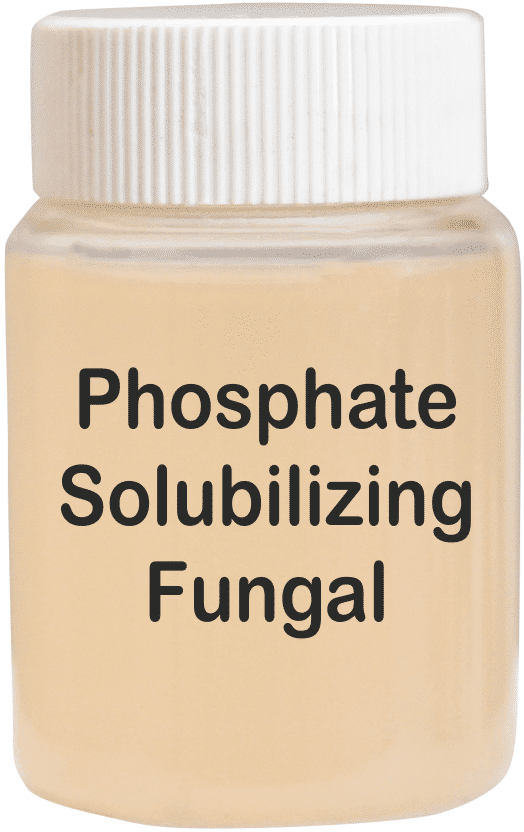
Phosphate Solubilizing Fungal
Product Details:
- Classification Organic Fertilizer
- Chemical Name Other
- Type Other
- Physical State Liquid
- Application Agriculture
- Click to view more
Phosphate Solubilizing Fungal Price And Quantity
- 250.00 - 1250.00 INR/Kilograms
- 100 Litres
- 250.0 INR/Kilograms
Phosphate Solubilizing Fungal Product Specifications
- Other
- Agriculture
- Other
- Liquid
- Organic Fertilizer
Phosphate Solubilizing Fungal Trade Information
- 5000 Litres Per Month
- 1 Week
- Yes
- Free samples are available
- All India
Product Description
Phosphorus-solubilizing fungi are a beneficial group of microorganisms that play a vital role in converting insoluble phosphorus compounds into soluble forms that can be readily absorbed by plants. They achieve this by employing various mechanisms such as lowering the pH level of the soil, chelation, and mineralization processes. This transformation makes phosphorus more accessible for plant uptake and utilization.
Furthermore, phosphorus-solubilizing fungi provide protection to plants by suppressing phytopathogens, thereby enhancing plant health and reducing the risk of diseases. Additionally, a sufficient supply of phosphate facilitated by these fungi promotes seed formation and aids in the early maturation of crops. Moreover, it can contribute to early ripening and stimulate young plants to develop deeper, more abundant root systems, improving nutrient uptake efficiency.
The presence of phosphorus-solubilizing fungi in the soil promotes the availability of essential phosphorus for plant growth through pH regulation, chelation, and mineralization processes. Their activities provide protection against phytopathogens, aid in seed formation and maturation, encourage early ripening, and promote vigorous root growth. Ultimately, this leads to improved crop productivity and overall plant health.
 English
English Spanish
Spanish French
French German
German Italian
Italian Chinese (Simplified)
Chinese (Simplified) Japanese
Japanese Korean
Korean Arabic
Arabic Portuguese
Portuguese




